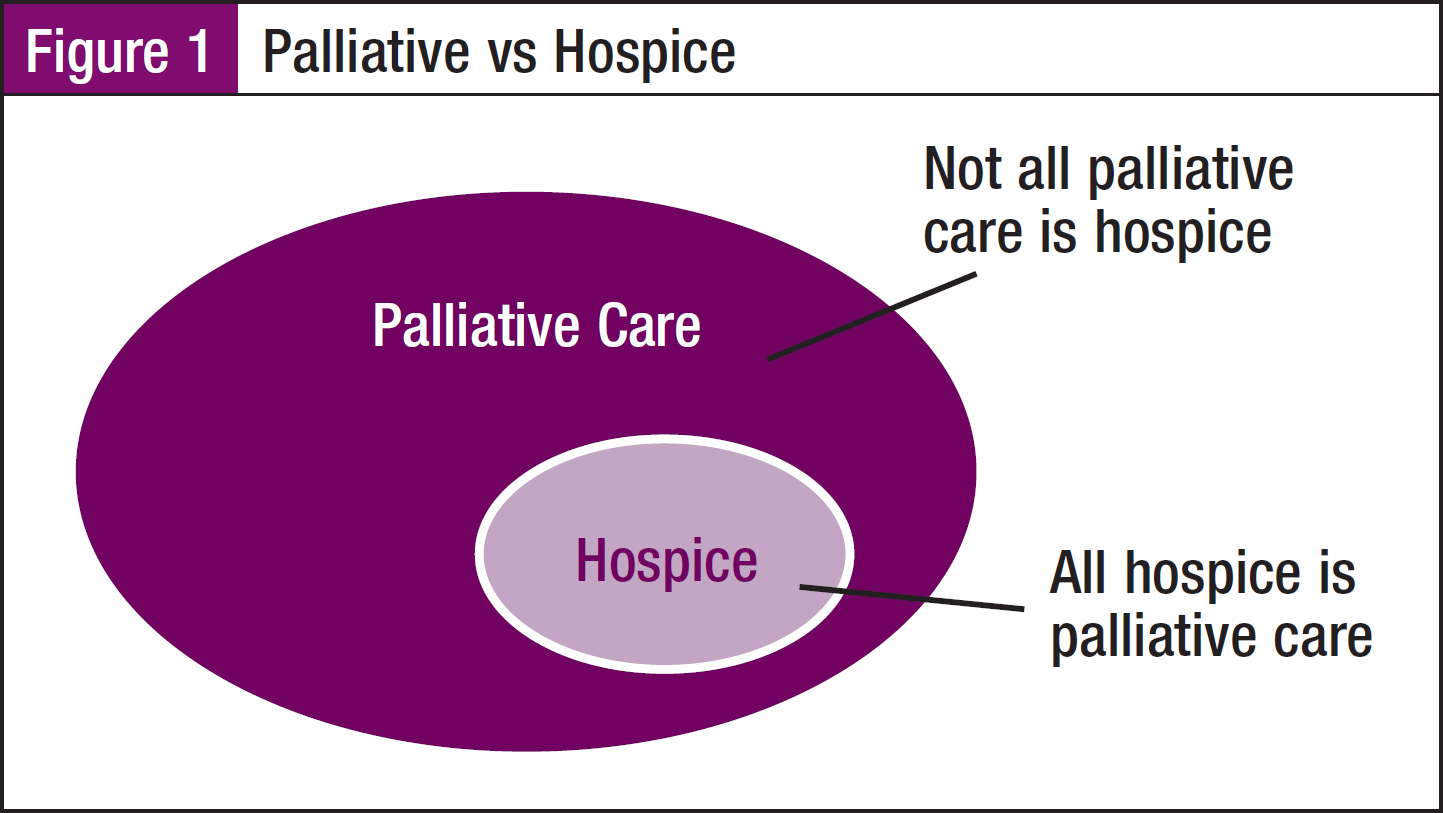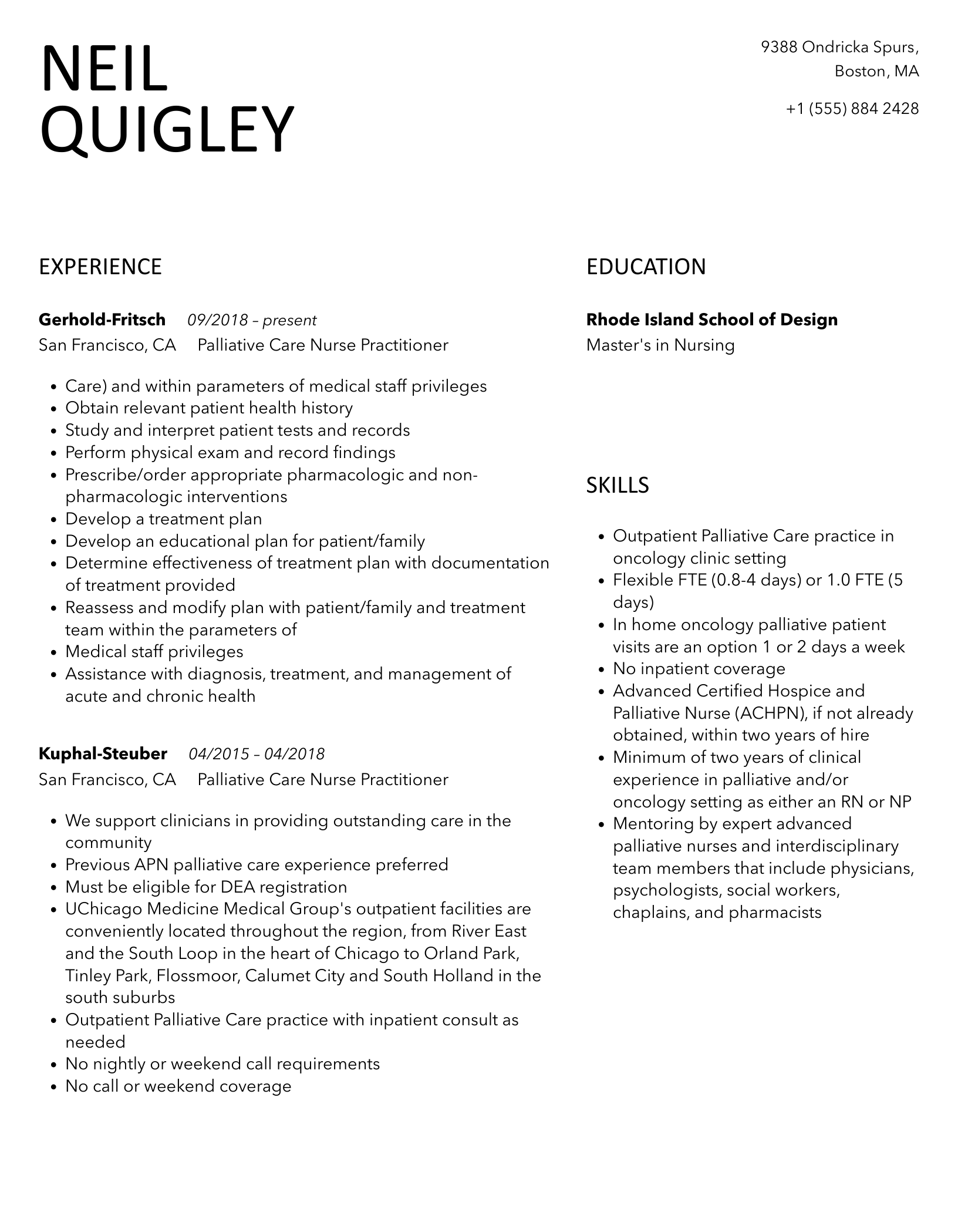
Medicare discharge appeals can be a great way for Medicare beneficiaries to protect and obtain the health care they need.
Medicare covers hospital stays as well as home health services, hospices and many other medical procedures. The primary health insurance program for Americans aged 65 and older. The only insurance for people with certain disability is this health plan.
Medicare has a procedure that can be used if you think you're being discharged prematurely from a facility. It is called an expedited complaint. This is your chance to have a QIO review your case.
You can appeal your discharge from a hospital any time before it is final, no matter how long you are in the hospital or where you are staying.

After receiving all of the necessary information, the QIO will contact you to inform you of its decision. You will be informed if the QIO disagrees with hospital's decision and how you can proceed.
Your doctor and the hospital staff should explain to you why your treatment has ended when you receive a decision of discharge. The hospital should also be able to send you and the QIO a Detailed Notice of Discharge, which includes Medicare coverage rules in writing.
You can contact the QIO via phone or email to file a rapid appeal after receiving the Detailed Notification of Discharge. It is important to provide them with all information and explain why you want to appeal. Other documents can be submitted to support your appeal, including medical records and letters written by your doctors.
It can take a long time to appeal. You should be patient and make sure you follow the procedure carefully.
Medicare Advantage enrollees facing termination of Medicare covered services at a hospital or skilled nursing facility, home health agency, comprehensive outpatient rehab facility (CORF), hospice can request a rapid review of their case by BFCC QIO. BFCC QIOs are in charge of reviewing Medicare cases and defending the rights of Medicare beneficiaries.

A beneficiary may appeal a decision if they are not satisfied. They can then request an expedited review by the QIC. Then, the ALJ will hear the case. The ALJ has 72 hours to make a decision. If the beneficiary does not wish to appeal the decision, they must remain in the hospital and accept the QIO's decision.
The BFCC-QIO has to inform the beneficiary of their decision. The notification should include the decision and an explanation as to the hospital's responsibility for the services rendered, along with the beneficiary's rights to appeal.
In order to avoid a lengthy appeal process, you should follow up as often as possible with the QIO or the hospital. To track your appeals progress, it is a good idea to create a timeline and/or calendar.
FAQ
What's the difference between the healthcare system and health care services, exactly?
Health systems are broader than just healthcare services. They cover all aspects of life, from education to employment to housing and social security.
Healthcare services on the other hand focus on medical treatment for specific conditions like diabetes, cancer, and mental illness.
They may also be used to refer to generalist primary-care services that are provided by community-based practitioners under the guidance of an NHS hospital Trust.
Why do we need medical systems?
People who live in developing countries are often without basic health care. Many people from these areas die before they reach middle-age due to diseases like tuberculosis or malaria.
The vast majority of people in developed nations have regular checkups. Minor illnesses are usually treated by their general practitioner. Many people are still suffering from chronic diseases like heart disease and diabetes.
What are the various types of insurance for health?
There are three main types:
-
Private health insurance covers many of the costs associated to your medical care. This type of insurance is often purchased directly from private companies, so you pay monthly premiums.
-
Although most medical costs are covered by public insurance, there are certain restrictions. For example, public insurance will only cover routine visits to doctors, hospitals, labs, X-ray facilities, dental offices, prescription drugs, and certain preventive procedures.
-
Medical savings accounts (MSA) are used to save money for future medical expenses. The funds are stored in a separate account. Most employers offer MSA programs. These accounts are tax-free, and they accumulate interest at rates similar to bank savings accounts.
Statistics
- Consuming over 10 percent of [3] (en.wikipedia.org)
- About 14 percent of Americans have chronic kidney disease. (rasmussen.edu)
- The health share of the Gross domestic product (GDP) is expected to continue its upward trend, reaching 19.9 percent of GDP by 2025. (en.wikipedia.org)
- Price Increases, Aging Push Sector To 20 Percent Of Economy". (en.wikipedia.org)
- For the most part, that's true—over 80 percent of patients are over the age of 65. (rasmussen.edu)
External Links
How To
What are the Four Health Systems?
Healthcare systems are complex networks of institutions such as hospitals and clinics, pharmaceutical companies or insurance providers, government agencies and public health officials.
This project had the overall goal to create an infographic to explain the US's health care system to anyone who wanted it.
These are some of the most important points.
-
The GDP accounts for 17% of healthcare spending, which amounts to $2 trillion annually. That's more than twice the total defense budget!
-
In 2015, medical inflation reached 6.6%, which is higher than any other consumer category.
-
Americans spend on average 9% of their income for health care.
-
Over 300 million Americans are uninsured as of 2014.
-
Although the Affordable Care act (ACA) was signed into law, its implementation is still not complete. There are still many gaps in coverage.
-
A majority of Americans believe that there should be continued improvement to the ACA.
-
The US spends more than any other nation on healthcare.
-
Affordable healthcare for all Americans would reduce the cost of healthcare by $2.8 trillion per year.
-
Medicare, Medicaid, as well as private insurers, cover 56% all healthcare expenditures.
-
The top 3 reasons why people don't get insured include not being able to afford it ($25 billion), not having enough time to look for insurance ($16.4 billion), and not knowing about it ($14.7 billion).
-
HMO (health management organization) and PPO(preferred provider organisation) are the two types of plans.
-
Private insurance covers all services, including doctor, dentist, prescriptions, physical therapy, and many others.
-
The public programs include hospitalization, outpatient surgery and nursing homes. They also cover long-term care and hospice care.
-
Medicare, a federal program, provides seniors with health insurance. It pays for hospital stays and skilled nursing facility stays.
-
Medicaid is a program of the federal and state governments that offers financial assistance to low-income people and families who earn too much to be eligible for other benefits.